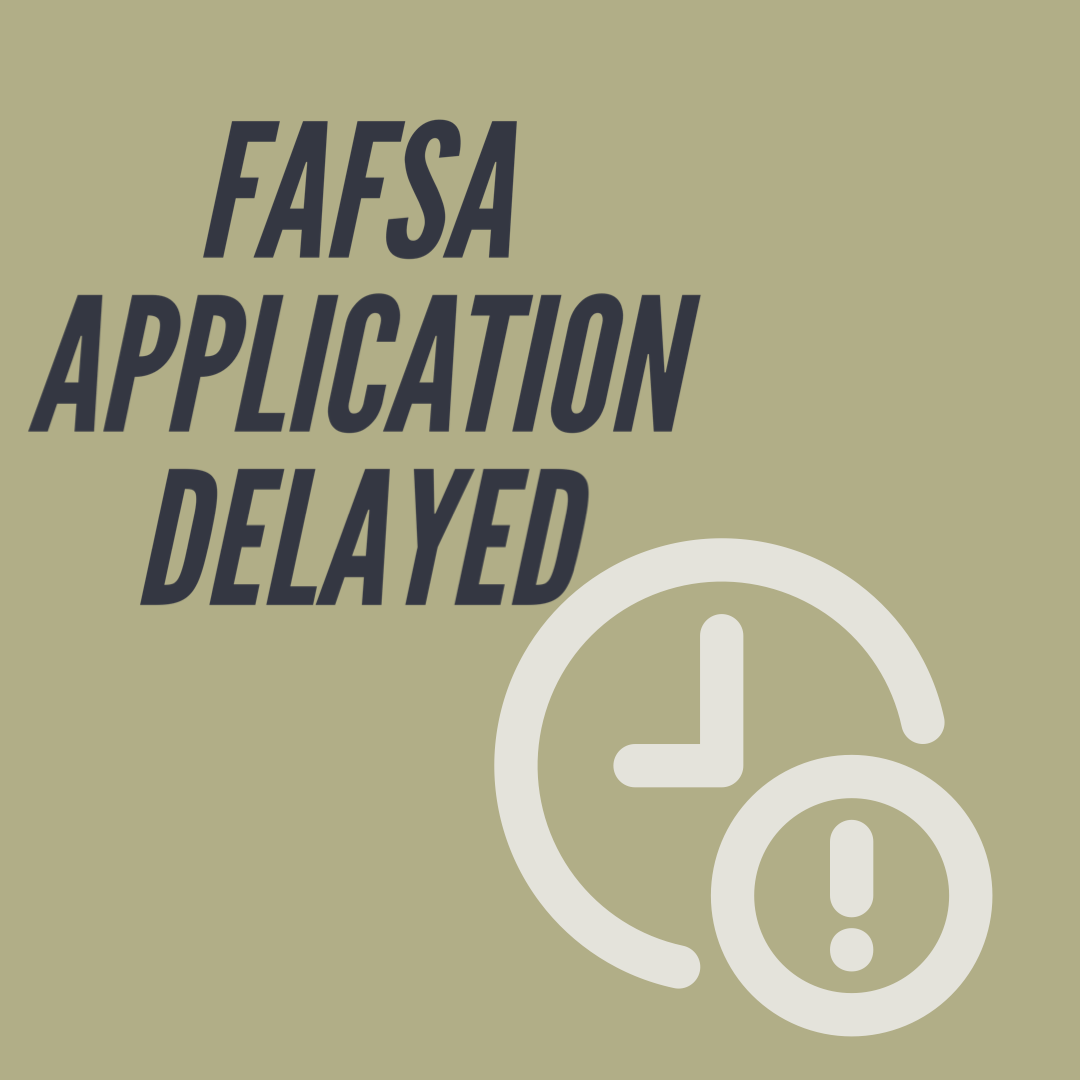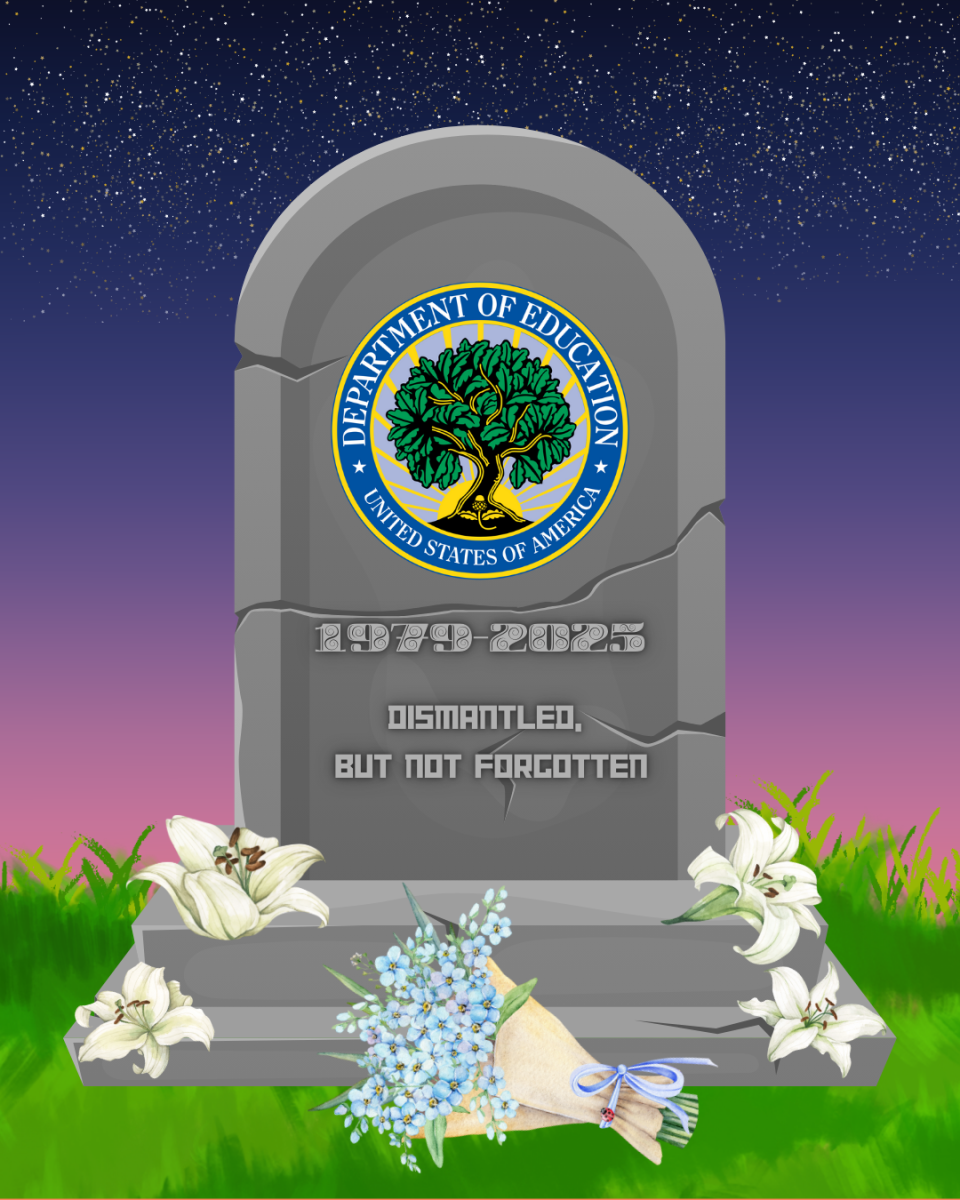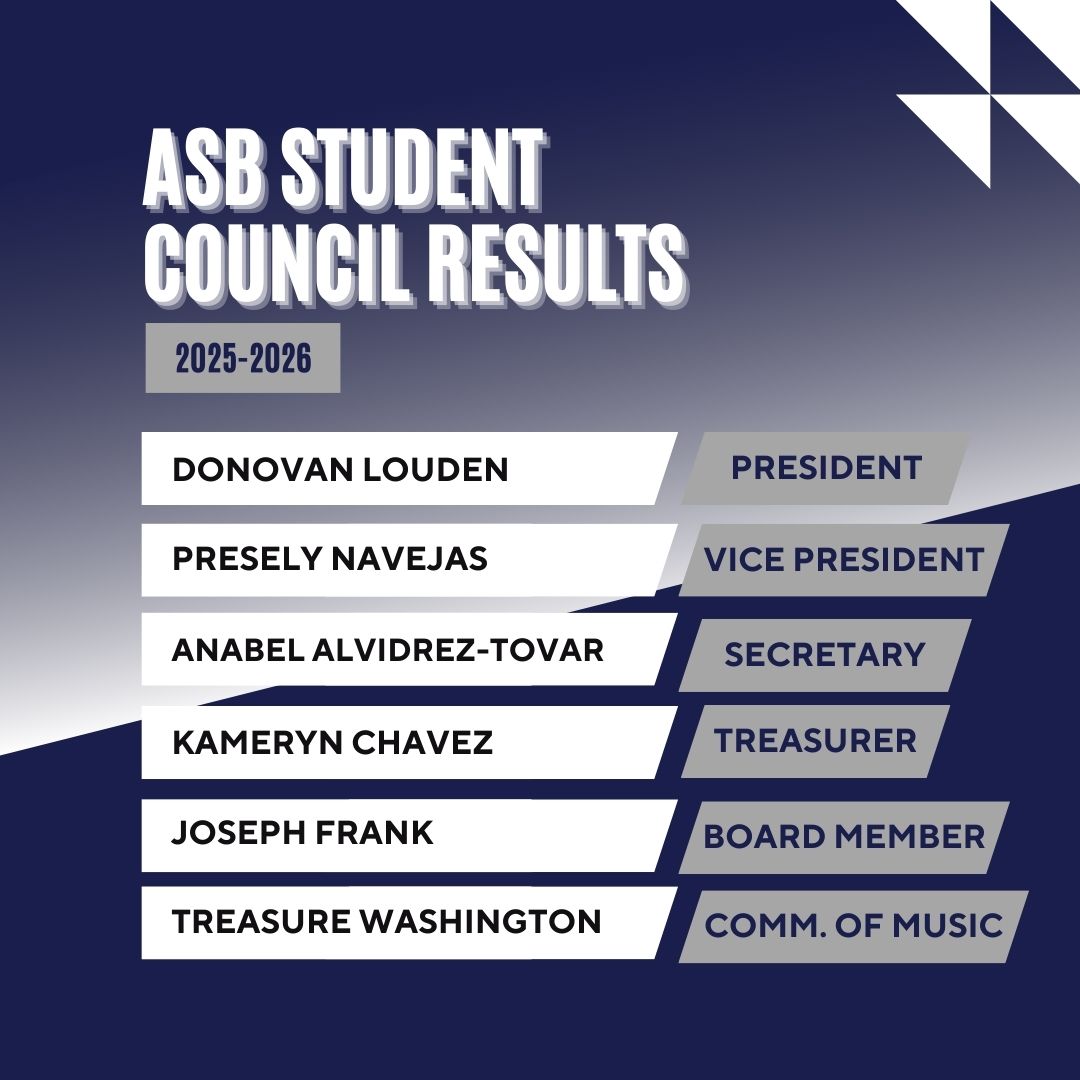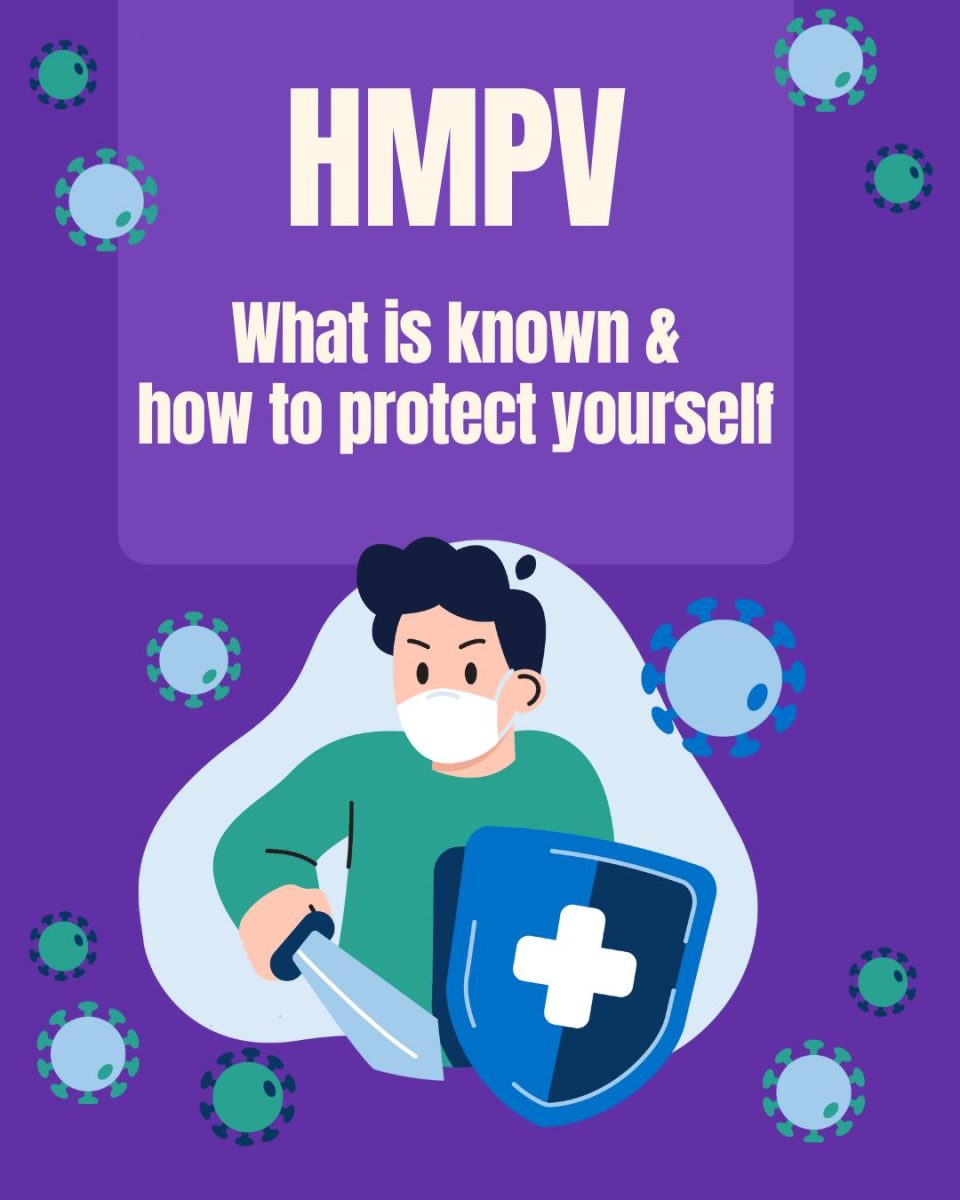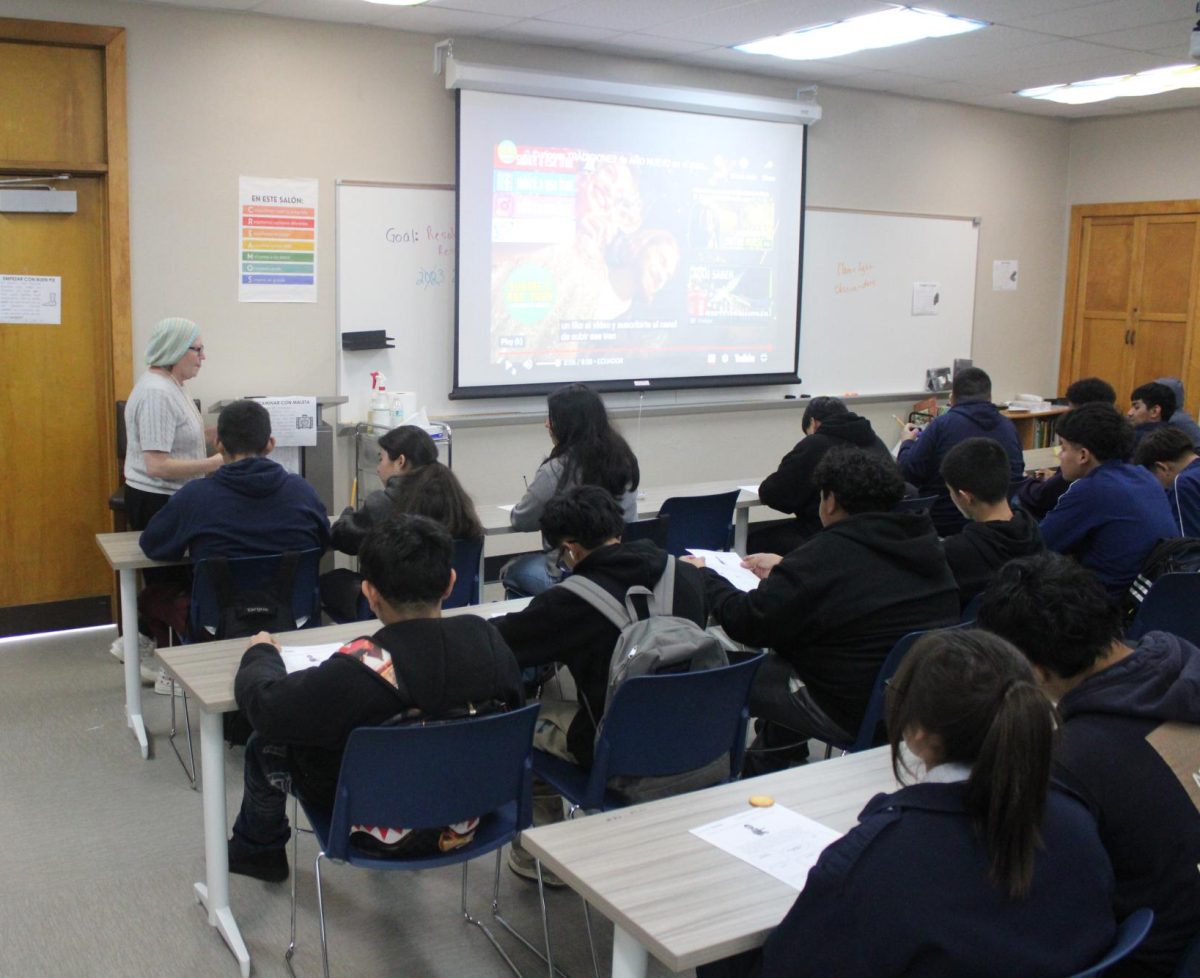The 2024-25 FAFSA application for college expense assistance has been delayed until December 2023.
There has always been a designated period to apply for Free Application for Federal Student Aid, also known as FAFSA, for students to receive help paying for their upcoming college studies. Oct. 1 would be when that window typically begins for students to apply, as this allows them to receive their approval before course enrollment starts in the spring.
“This year’s Free Application for Federal Student Aid (FAFSA) will not open until December of this year. The delay comes as the result of a huge overhaul of the federal form that students use to apply for financial aid to help pay for college. An exact date in December has not been announced yet,” Edward Conroy wrote in a Forbes article.
This sudden change affects students who are seniors in high school both financially and timely. Seniors who applied to FAFSA previously often already had financial difficulties that the assistance could lessen; missing out on financial aid opportunities while applying to colleges can make these financial difficulties even harder.
Along with potential financial impacts, it also affects students’ ability to apply on time. It is already November, and application deadlines for many colleges are in December.
“The fall intake for application deadlines of US universities starts in September and ends in December,” Cyril Zachariah of College Dekho Abroad, wrote.
This means that students who rely on FAFSA have to wait until December to even apply for financial aid, after college applications have already been submitted, and then to be reviewed before registration for the fall semester starts in multiple colleges. This can cause a lot of students to be left behind, or start in an uncomfortable position if there are any other delays.
Bill AB-469 in California highlights the importance of filling out a waiver or participating in FAFSA. If neither is completed, a student’s ability to graduate would be interfered with. Under Bill AB-469, students must fill out FAFSA, the California Dream Act Application (CAADA), or an opt-out form with their parents.
“Existing law requires the school district, county office of education, or charter school to exempt a pupil or the pupil’s parent or legal guardian from completing a form if the local educational agency determines the pupil is unable to complete the form, and prohibits a pupil’s ability to graduate from being affected by a pupil’s failure to fill out a form.” Legislative Counsel’s Digest wrote.
“Approximately 17.5 million students applied for Free Application for Federal Student Aid (FAFSA) funding in the 2021-2022 application cycle,” Bankrate- Michelle Honeyager of Bankrate wrote.
Considering the time these laws were enacted, nearly 18 million students will be potentially impacted by the 2024-25 school year FAFSA delays.

